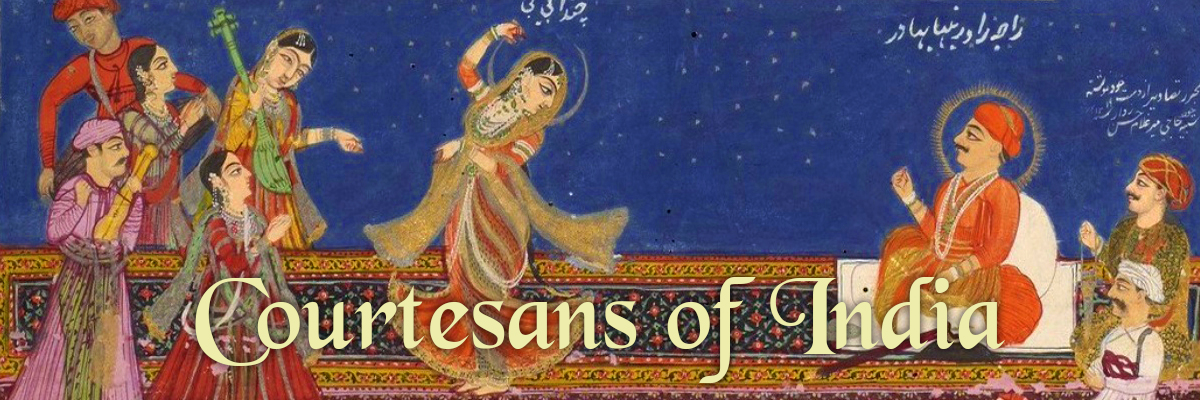Summary from the New India Foundation
This is a history, a multi-generational chronicle of one family of well-known tawaifs with roots in Banaras and Bhabua. Through their stories and self-histories, Saba Dewan explores the nuances that conventional narratives have erased, papered over or wilfully rewritten.
In a not-so-distant past, tawaifs played a crucial role in the social and cultural life of northern India. They were skilled singers and dancers, and also companions and lovers to men from the local elite. It is from the art practice of tawaifs that kathak evolved and the purab ang thumri singing of Banaras was born. At a time when women were denied access to the letters, tawaifs had a grounding in literature and politics, and their kothas were centres of cultural refinement.
Yet, as affluent and powerful as they were, tawaifs were marked by the stigma of being women in the public gaze, accessible to all. In the colonial and nationalist discourse of the nineteenth and twentieth centuries, this stigma deepened into criminalisation and the violent dismantling of a community. Tawaifnama is the story of that process of change, a nuanced and powerful microhistory set against the sweep of Indian history.
